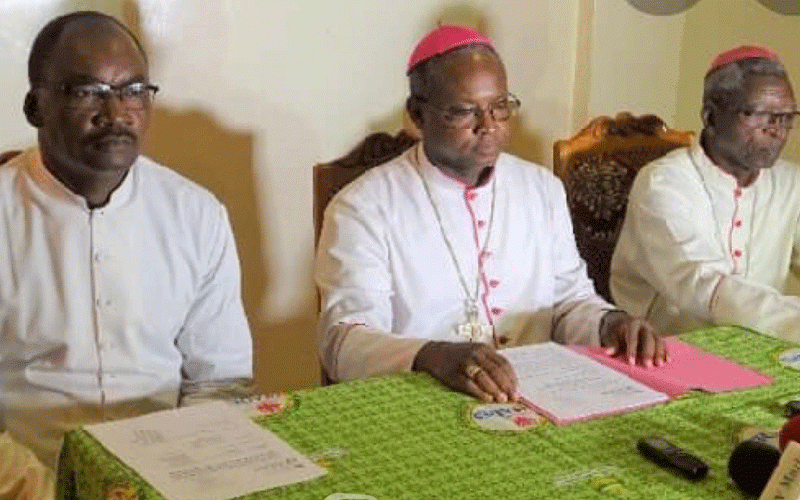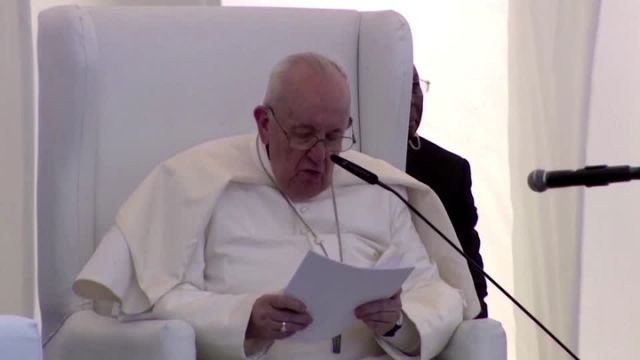In a solemn morning address, Pope Francis met on Thursday with members of the Vatican dicastery for divine worship and the discipline of the sacraments. The main focus of this meeting was to explore the crucial importance of liturgical reform as the cornerstone of the “renewal of the Church”.
This dialogue comes as the dicastery holds its annual plenary assembly, which is centered on “liturgical formation from Sacrosanctum Concilium to Desiderio Desideravi” for ordained ministers, as well as “liturgical training courses for the people of God”.
According to a press release from the dicastery dated February 5th, the meeting also aims to “provide bishops with practical suggestions to develop pastoral projects in their dioceses to implement the reflections of the papal document”.
The Pope recalled, in his speech on February 8, reported by the correspondent of RECOWACERAO NEWS AGENCY (RECONA) based in the Vatican, that 60 years have passed since the promulgation of Sacrosanctum Concilium, the fundamental document of the Second Vatican Council on the liturgy. He stressed that the liturgical reform highlighted the intention of the Council Fathers to revitalize the “fundamental dimensions” of the Church, such as “spiritual, pastoral, ecumenical and missionary” work.
“Without liturgical reform, there is no reform of the Church,” declared the Pope.
He added with conviction, “A Church that does not feel the passion for spiritual growth, that does not try to speak understandably to the men and women of its time, that does not suffer from the division among Christians, that does not tremble with the anxiety of proclaiming Christ to people, is a sick Church, and these are the symptoms.”
However, the Pope nuanced this statement by emphasizing that “we can only make such a statement by understanding what the liturgy is in its theological sense”.
Specifically addressing the theme of the 2024 annual assembly, the Pope emphasized that their work should focus on the accessibility of formation so that it is not a “specialization for a few experts, but an interior disposition of the entire people of God”.
He continued by stating, “Naturally, this does not exclude that there should be a priority in the formation of those who, under the sacrament of order, are called to be mystagogues, that is, to take by the hand and accompany the faithful in the knowledge of the holy mysteries.”
Finally, Pope Francis concluded by emphasizing that liturgical formation is based on the love of Christ, highlighting the theological representation of the Church as the bride of Christ: “Every reform of the Church is always a matter of marital fidelity”.
- SYNODALITY FOR THE AFRICAN IS A REJECTION OF INDIVIDUALISM. - October 23, 2024
- THE ENCYCLICAL, TITLED DILEXIT NOS TO APPEAR SOON - October 22, 2024
- MESSAGE OF HIS HOLINESS POPE FRANCIS FOR WORLD MISSION DAY 2024 20 OCTOBER, 2024. - October 21, 2024






